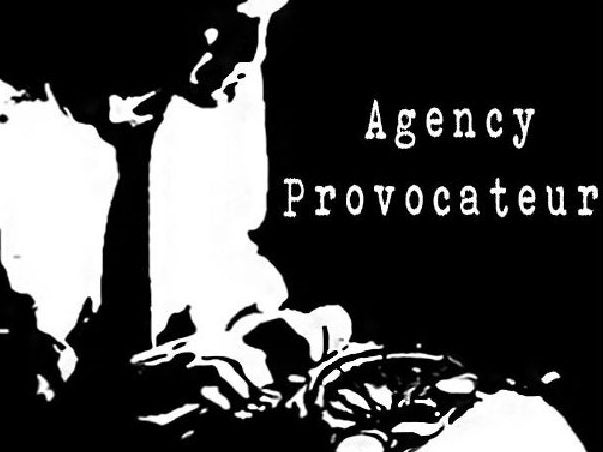
Graduate trainee journalists are apparently increasingly jumping ship to the world of PR after discovering their original chosen profession is not as glamorous as they thought.
And quite frankly, is anyone surprised?
As this blog has said before, anyone leaving university after a three-year journalism course, only to find they are working in an online sweat shop regurgitating other people’s stories is going to feel disillusioned quickly.
Journalism has long had an uneasy relationship with PR. One of our agencies does a talk to PR consultancies called “20 Things We Hate About You”, a constructive look at the things PRs do that wind us up – bad timing for releasing news, playing us off against each other, lying, that kind of thing.
But let’s be fair, they could quite easily do the same to us when we have those who break embargoes, fail to mention brands, don’t return phone calls and so on.
Press agencies now deal with PR consultancies more than ever, NAPA has found. Some even have their own PR departments.
Unlike newspapers, the fees PRs pay us have gone up with the cost of living. They give order numbers and have an accounts department who process claims and pay up on time. Anyone remember what that was like?
Not only that, they pay more. While newspapers say they love us but don’t want to pay us, PRs say it and mean it and pay accordingly.
We have rarely heard of a press agency being stitched up by a PR company but have plenty of examples of them being turned over by a newspaper – the recent example of The Independent and Glyn Bellis is by no means unique.
As a career, PR offers young journalists stability, a chance to move up the ladder and a decent wage – at least eventually.
Why the hell wouldn’t a trainee graduate with half a brain move over to a profession where they get a chance to be creative rather than one where they sit at a desk rewriting copy from other journalists who did the hard work in the first place?
Many older journalists have moved over to PR to give them the benefit of their experience, to guide them in how to deal with newsdesks, how to provide the kind of copy that will get into newspapers and when to ring a reporter and what to say that won’t be met with a two word answer beginning and ending with F.
Now younger ones are doing the same. Of course, it may not change the relationship between PRs and journalists, summed up by the story of the frog and the scorpion.
A PR once told me that in this, journalism is the scorpion and PR is the frog.
One day they both find themselves at the edge of a river and the scorpion says “can you give me a lift across, I can’t swim” and the frog says “why would I do that, you kill frogs”. The scorpion says “but I need to get across so I won’t”. The frog agrees and takes the scorpion on its back.
Halfway across the scorpion stings the frog who, as he dies, says “why did you do that?” And the scorpion, who is about to drown as a result, replies: “I’m a scorpion. That’s what I do.”
An occasional blog by a NAPA news agency boss who has asked to remain anonymous
Email pged@pressgazette.co.uk to point out mistakes, provide story tips or send in a letter for publication on our "Letters Page" blog
